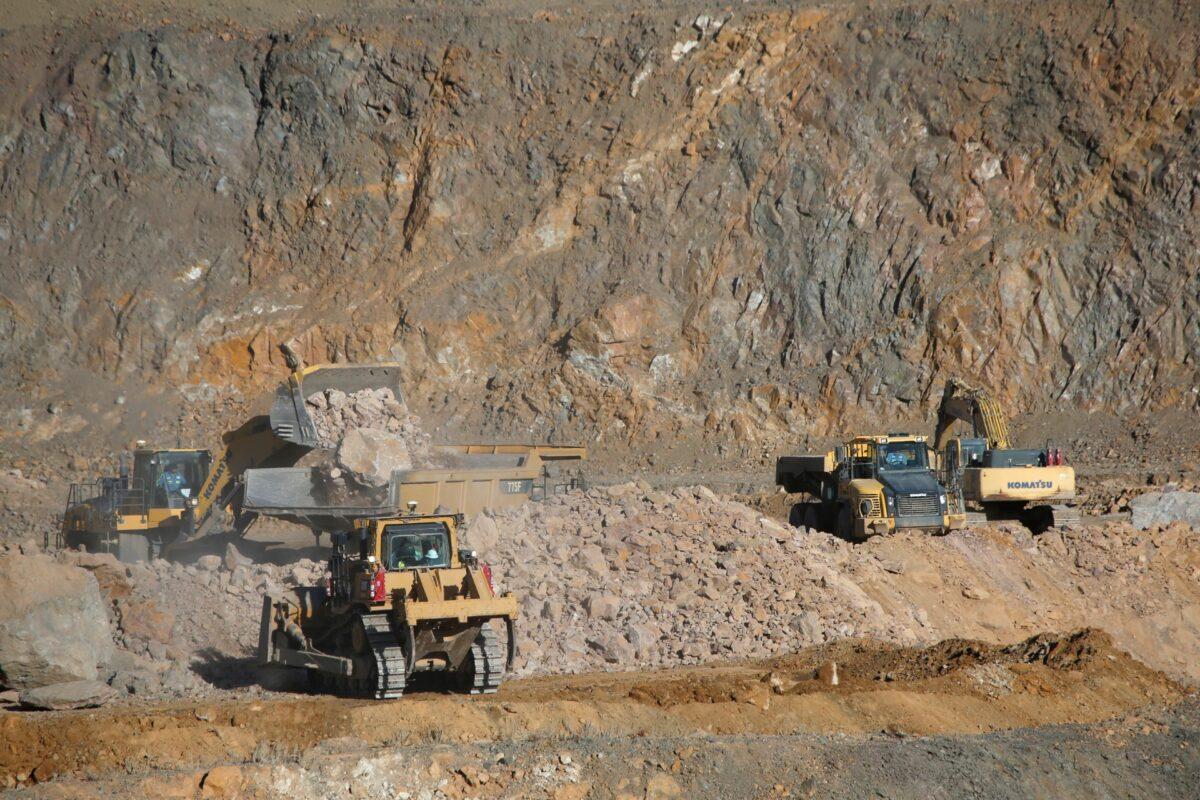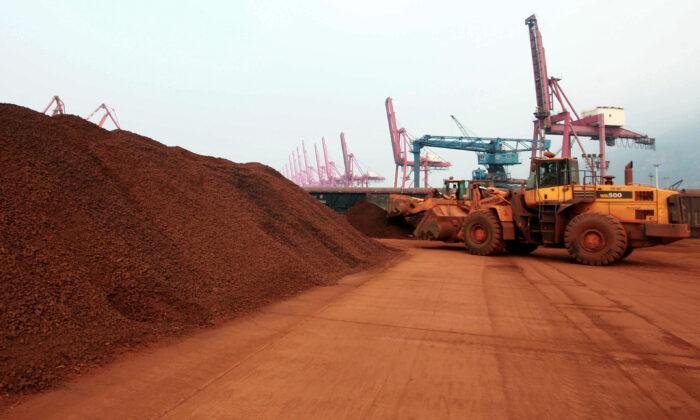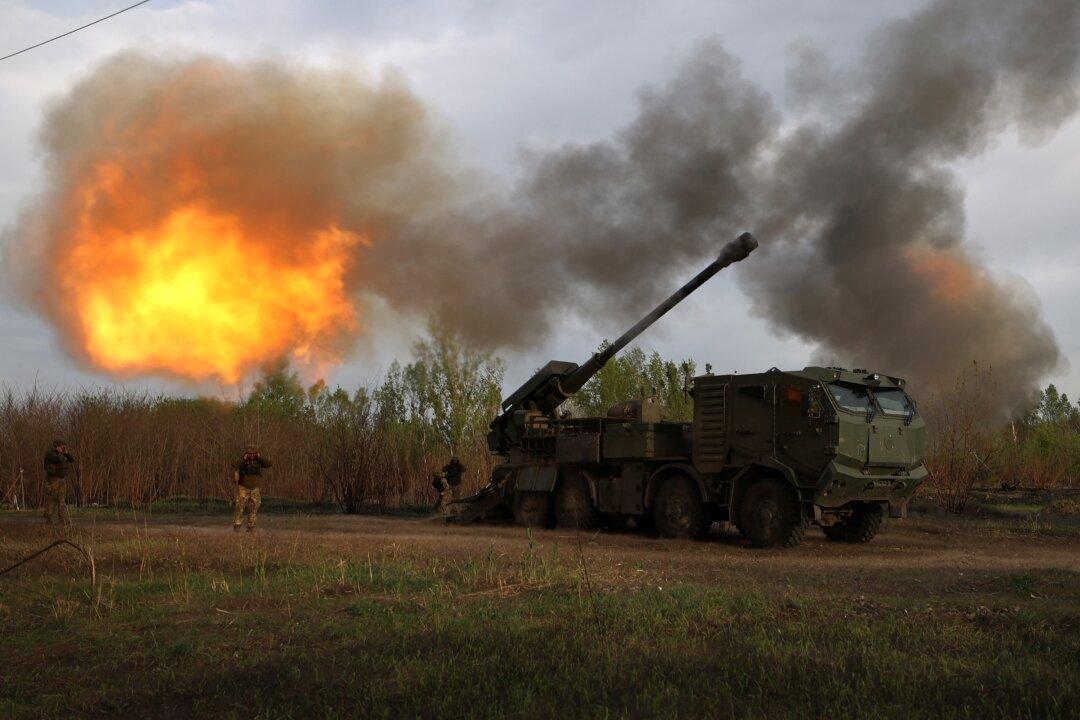The U.S. dependency on China for rare earth elements is a security risk and is being exacerbated by the Biden administration’s forced transition to so-called green technologies, according to lawmakers and experts.
“We’re heavily dependent on foreign adversarial nations,” Rep. Pete Stauber (R-Minn.) said during an Aug. 22 interview with NTD, an affiliate media outlet of The Epoch Times. “If today, the communist country of China stopped selling us their critical and rare earth minerals, we would be in deep trouble from our national defense to our manufacturing across the globe.”
Rare earth elements are a number of elements with unique characteristics that have made them vital to new technologies. Critical minerals are those rare earth elements that have no substitute, are limited in supply, or are economically vital.
“It’s unfortunate that this administration has put their dependency for both critical minerals and rare earth minerals in the hands of the communist country of China,” Stauber said. “It’s simply unacceptable when we have the critical minerals and a few of the rare earths right here in the United States. This administration just won’t let us mine.”

According to Stauber, the Biden administration lacks the political will to simply mine the needed elements domestically. For example, nickel, copper, and cobalt are all present at extant mining operations in Minnesota. However, instead of allowing U.S. companies to mine these, the administration is pursuing a policy of “friendshoring,” wherein it merely transfers supply chains for offshored goods from China to more friendly nations, such as South Korea.
“We have the best environmental standards, best labor standards, and the opportunity to secure our supply chain dependency and put the destiny of our great nation in the palm of our own hands,” Stauber said.
China Weaponizing Rare Earths
Ann Bridges, a Silicon Valley author and policy adviser at the Heartland Institute, said the fear of China weaponizing its growing power of rare and critical elements isn’t without precedent.“In 2010, Japan and China actually had a conflict over rare earths,” Bridges told NTD. “China responded by cutting off Japan’s access to the rare earths, which really had an impact on Japan’s manufacturing capabilities.
“So it is not outside of the scope of the imagination to believe that in a time of warfare, indeed, China would leverage this kind of power.”
“The current administration is all about climate, right, saving the environment?” Bridges said. “A big part of that is the push into electric vehicles, but that needs a lot of rare earth minerals and elements. And then suddenly, it’s like, well, where are we getting that? China?
“We need to be very careful about how we accept kind of a single worldview, whether it’s coming from communist China, whether it’s coming from the World Economic Forum.”





